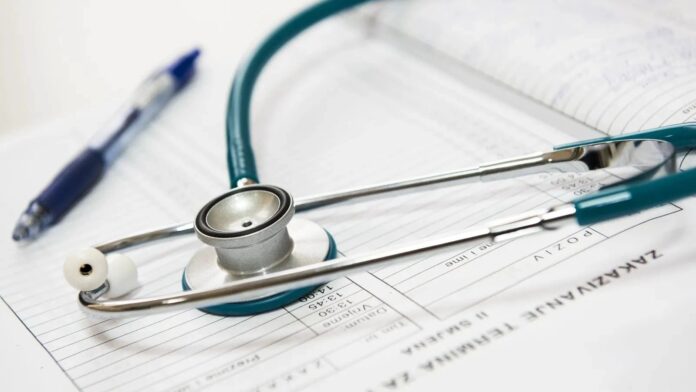Women’s health is a journey marked by hormonal changes from puberty to menopause which needs regular checkups. If you’re 30 or above, follow this expert-recommended checklist for crucial health screenings and ensure your health is on track.
What to track for good women’s health?
Balanced diet
Maintain a balanced diet with essential vitamins and minerals. Avoid late-night eating to support natural digestion.
Monitor discharge
Normal discharge is part of the menstrual cycle, but cottage cheese-like discharge may indicate a yeast infection.
Biological clock
Women’s fertility peaks in their early 20s, and natural pregnancy is ideal. Fertility gradually declines with age so keeping track is a must.
Physical activity
Engage in regular physical activity instead of confining yourself to screens.
What are the must-do preventive health checkups for women?
Breast cancer screening
Regular mammography after 30 helps detect breast cancer early and diagnosing at the right time will help you get it treated sooner.
Cervical cancer screening
Pap smear tests every five years for women above 21 can help you detect cervical cancer which is an unfortunate increasing health constraint.
Bone density screening
After 30, women should have regular osteoporosis screenings to ensure the health of their bones.
Diabetes screening
From age 35, a blood glucose test every three years is crucial, especially for those with a family history of obesity.
Blood pressure screening
Regular BP checks are important, especially for those with a family history of hypertension.
Thyroid tests
Women over 30, especially with a family history or symptoms must discuss thyroid tests with healthcare providers.
Vitamin D test
Measure vitamin D levels to support bone health, immune system, and more.
Pre-marital health tests
Increasingly important, these tests check for blood disorders and sexually transmitted diseases before you head for a healthy married life.
Other than these, consider screenings for psychiatric problems, major depression, and chronic diseases like hypertension, diabetes, bronchial asthma and epilepsy. Early detection allows for better health and family planning and helps you stay proactive about your well-being.


